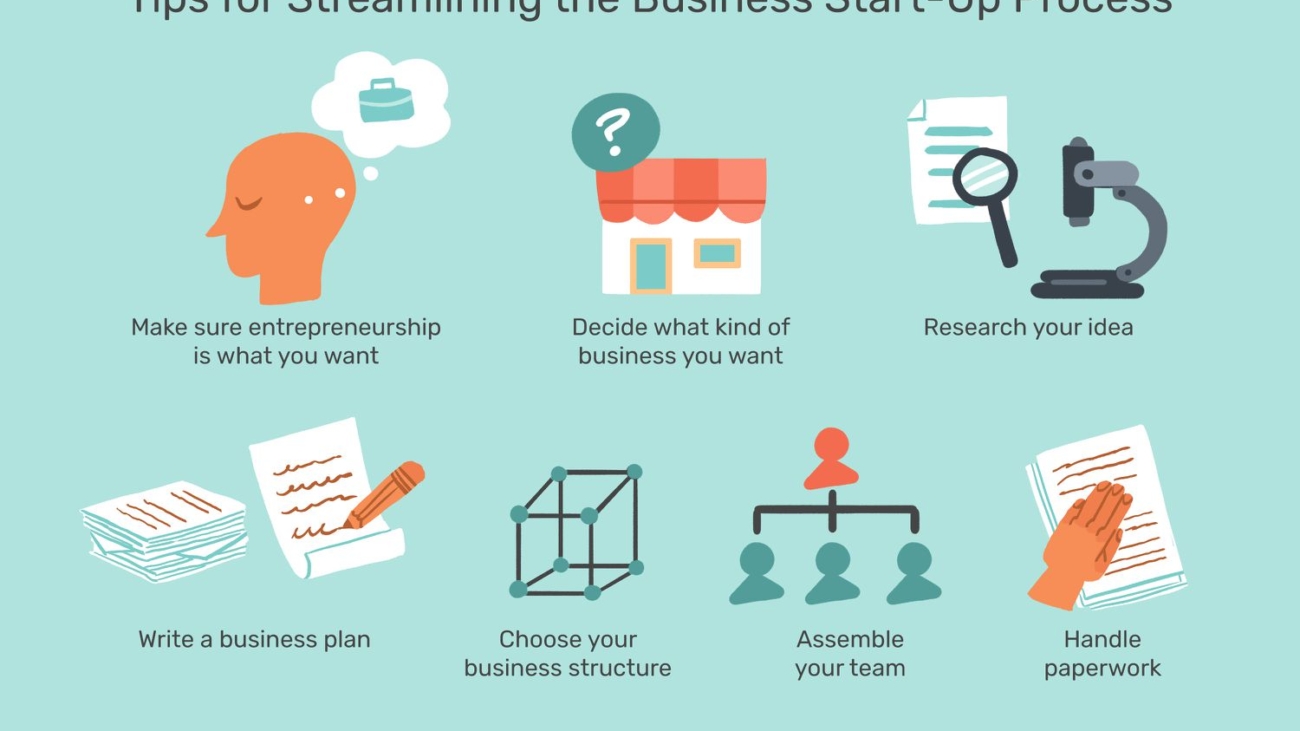In the digital age, businesses are constantly seeking innovative ways to stay ahead of the competition and connect with their target audience. One such strategy gaining popularity is the establishment of a dedicated business application studio. A well-designed studio can revolutionize the way a company operates, facilitating creativity, collaboration, and efficiency in the development of software applications.
This article delves into the intricacies of setting up a business application studio, exploring the core components, benefits, best practices, and challenges associated with this endeavor. We will navigate through four main sections, each shedding light on a distinct aspect of studio setup Setting up a business application studio is an investment in the future of your organization. By carefully considering the design of your studio space, building a talented and collaborative team, implementing efficient development processes, and addressing potential challenges, you can create a studio that fosters innovation, accelerates application development, and propels your business forward in the ever-changing tech landscape. Keep in mind that a successful studio is not just about the physical space; it’s about the people, processes, and the vision driving it forward.
Designing the Ideal Studio Space
The foundation of a successful business application studio is its physical space and layout. A well-thought-out design can foster creativity, teamwork, and productivity. Here, we’ll explore how to create the perfect workspace for your team.
1. Choosing the Right Location
The first step in establishing a business application studio is selecting an appropriate location. Consider factors like accessibility, proximity to talent pools, and overall convenience. A studio situated in a vibrant tech hub can offer networking opportunities and access to potential collaborators.
2. Ergonomics and Comfort
The studio space should prioritize the comfort and well-being of your development team. Invest in ergonomic furniture, natural lighting, and soundproofing to create a conducive work environment. A comfortable studio will lead to increased focus and productivity.
3. Technology Infrastructure
Robust technology infrastructure is essential. Invest in high-speed internet, top-notch computers, and software tools that facilitate the development process. A well-equipped studio ensures your team can work efficiently and without unnecessary interruptions.
4. Collaboration Zones
Encourage collaboration by setting up dedicated collaboration zones within the studio. These areas should be equipped with interactive whiteboards, brainstorming tools, and comfortable seating. Cross-functional teams can meet here to exchange ideas and foster creativity.
Building the Right Team
A successful business application studio relies heavily on the expertise and synergy of its team members. In this section, we’ll discuss how to assemble a talented and collaborative development team.
1. Hiring the Right Talent
Recruiting the right talent is paramount. Look for experienced software developers, designers, project managers, and quality assurance professionals who are aligned with your project’s goals and vision. A diverse team with a range of skills and perspectives can lead to more creative solutions.
2. Cross-Functional Teams
Encourage cross-functional teams that bring together different skill sets and backgrounds. When diverse talents collaborate, they can approach challenges from multiple angles, leading to innovative solutions.
3. Training and Skill Development
Continuous learning is essential in the tech industry. Invest in training and skill development programs for your team to keep them updated with the latest technologies and best practices.
Implementing Efficient Development Processes
A successful business application studio requires an effective development process. In this section, we’ll discuss the Agile methodology and how it can streamline your development process.
1. Adopting Agile Methodology
Agile development methodologies are widely adopted in the software industry for their iterative and collaborative approach. Implement Agile practices like Scrum or Kanban to improve project management, communication, and the ability to respond to changing requirements.
2. Version Control and Collaboration Tools
Utilize version control systems like Git and collaboration tools such as Slack or Microsoft Teams to streamline communication and code management. These tools ensure that your team works cohesively and efficiently.
3. Continuous Integration and Deployment (CI/CD)
Implement CI/CD pipelines to automate the testing and deployment process. This approach reduces human errors and accelerates the delivery of software updates and new features to end-users.
Overcoming Challenges and Future-Proofing
In the final section, we’ll explore the challenges faced when setting up a business application studio and discuss strategies for future-proofing your studio.
1. Funding and Budget Management
Managing budgets is a critical challenge. Careful financial planning, identifying cost-effective solutions, and seeking external funding when necessary are crucial steps in ensuring the studio’s sustainability.
2. Security and Data Protection
In an era of increasing cyber threats, data security is paramount. Develop stringent security protocols and invest in cybersecurity measures to safeguard your applications and customer data.
3. Adapting to Technological Advancements
The tech industry evolves rapidly. To stay competitive, remain adaptable and embrace emerging technologies. Continuous innovation and staying informed about industry trends are key to the long-term success of your studio.
Get in touch with Business Setup Experts in Dubai UAE for all your Business Service needs, we will make it happen for you!
Contact Business Setup Experts.
Or get in touch with us at +971 4 577 7890
Or email us at info@www.businesssetupexperts.com











